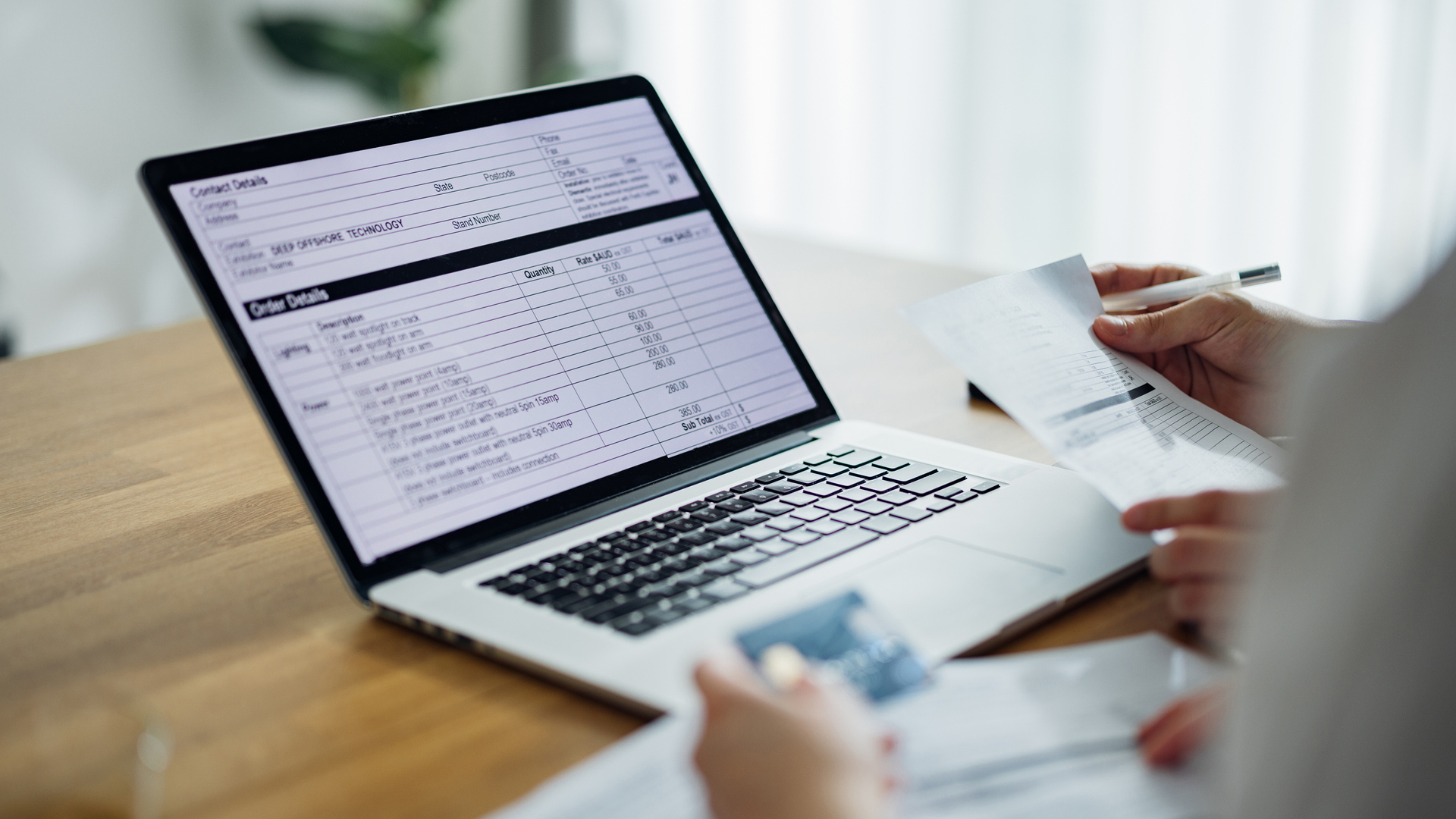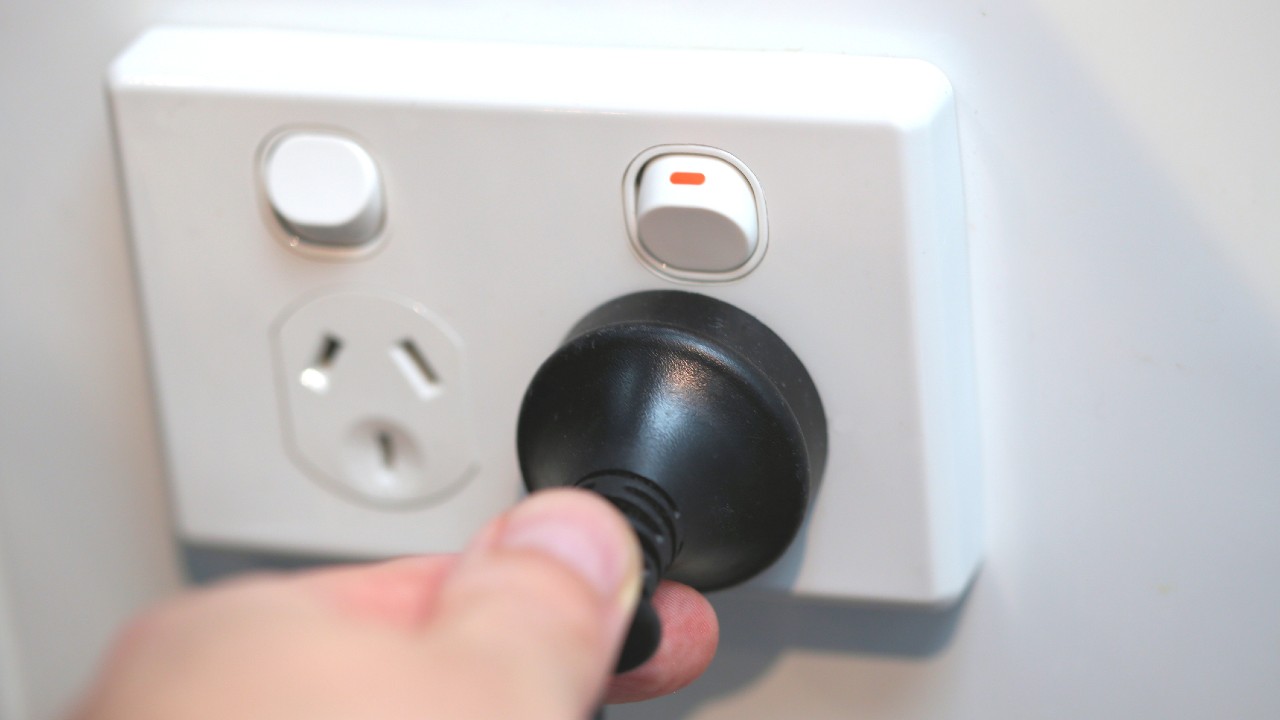While you may already be familiar with some money-saving tactics — such as bringing your lunch to work or buying fewer cups of coffee — there are more creative ways to save money every day that you may not yet be doing. After all, when it comes to your personal finances, every cent does add up, literally.
Here are some under-the-radar expert-approved tips to help you save more money each day.
This article has been updated since its original publication.

Check your monthly bills to see if there’s a cheaper option
When it comes to bills, it’s easy to set and forget. So it’s worthwhile to reevaluate your outgoing bills like electricity, gas, internet and/or your mobile plan to make sure you’re not overpaying with your current provider. For your energy bills, the best way to do this is to compare your current costs to other providers in your area.
As part of its Switch Week promotion, Kogan is currently running an offer where if you buy one of its 365-day prepaid mobile plans, you’ll get a second one for free. As their name suggests, these prepaid plans last for a whole year from when they’re activated.
You have the option of a 300GB plan at $270 or a 500GB plan at $300 (that’s about $22.19 and $24.66 per 30 days, respectively). Not only will you only have to worry about your mobile bill once a year, but if you split the cost of this two-for-one offer, the annual cost of the plans comes down to $135 or $150 (roughly $11 and $12.50 per 30 days).
This is just one example of how to lower a recurring bill – you can also check out Lifehacker Australia’s guides to cheap NBN 50 plans, congestion-free internet and Telstra network mobile plans.
Automate small amounts of money
You may already pay your bills and add to your savings through automatic transfers, but once you start automating smaller amounts, they will add up to bigger ones. For example, once I eliminated buying lunch at work and daily Starbucks runs, that was approximately $20 a day I was not spending, which meant an extra $100 per week toward my savings just from skipping frivolous lunches and coffees.
“Automate weekly savings for small amounts you won’t miss, even as little as $10 or $20 per week,” Andrea Woroch, a nationally-recognised consumer expert, told us. “These small amounts will build quickly over time and you will learn to live without those extra funds.”
She also recommended putting the money toward an online savings account that offers a higher interest rate than a savings account at a traditional bank.
Meal plan to save on ingredients
Are you guilty of letting too many of your groceries go to waste before you get a chance to eat them?
“While meal planning for the week can help you eliminate excess grocery purchases, the best way to crack down on expired food waste is to look for recipes that use overlapping ingredients,” Woroch said.
Using meal kit services like Dinnerly or HelloFresh is a handy way to organise meal plans, as they’ll provide all the ingredients you need to make quick and easy dishes.

Create a 48-hour rule and remove stored credit card numbers
The speed and simplicity of online shopping make it easy to fall into the habit of impulse buying clothes and other items. “To prevent impulse purchases, wait 48 hours after identifying something you’d like to purchase,” Chris Whitlow, CEO of workplace financial education company Edukate, told us. “This will separate your need spends from your wants spends.”
Similarly, having your credit card numbers stored online may be efficient, but it’s also dangerous as far as spending money is concerned. “Removing this information can save you from impulse shopping and allows you to cut back on the amount of money you spend,” Jennifer McDermott, a former consumer advocate at finder.com, told us. “Plus, the more time you have to think about a purchase, the more likely you’ll make a better financial decision.”
Take public transportation or walk
Yes, it may be convenient to drive, but is it cost-effective? “Stop driving your own car to work every day,” Andrei Vasilescu, CEO of the money-saving platform DontPayFull, told us.
“Instead, use public transportation, such as trains, buses, or shared vehicles, or try biking or walking for a few miles every day. This will extensively save your wallet and health at the same time.” Plus, there are a lot of extraneous costs involved with owning a car, from insurance to parking fees.
Use financial planning and saving apps
There’s nothing like some accountability to keep you on track when you’re trying to reach a certain goal. “Use financial planning apps,” Matt Reiner, CFA, CFP, and CEO and co-founder of Wela, said. “They provide an almost effortless way to save money each day, as they can connect directly with your accounts to track spending and alert you to problem areas without needing to log your spending each day yourself.”
Some apps such as You Need A Budget also help you create a budget, as well as alert you when you’re spending too much in one category.
Eliminate forgotten or unnecessary expenses
Byron Ellis, a certified financial planner and founder of Doing Money Right, said he suggests going through your checking and credit card statements from the last six months.
“Grab some paper or make a spreadsheet and list any recurring expenses that you might be able to cut,” he said. “Also list any high expenses that you might be able to reduce.”
Logging every expense you have isn’t a bad plan of action either. For example, if you’re someone who regularly buys lunch at work, it’s worthwhile adding up how you spend per week.
“Seeing where your money is going every day can make you aware of unnecessary purchases that you may be making,” McDermott said. “Plus, cutting out those extra daily purchases can help you put aside more money for the future.”

Unplug your gadgets
Woroch recommended unplugging electronics and appliances like TVs, laptops, coffee makers, and video game consoles. “They continue to suck energy even when turned off, which adds to your energy bill,” she said. Power strips make it easy to turn off multiple electronics at once.
Split shipping fees or meals with friends
Chances are, some of your friends have similar store tastes, so when it comes to shopping, do so together.
“When shopping online, coordinate with your friends that might order from the same site,” Janine Rogan, CPA and financial educator told Business Insider. “This allows you to have a larger order, which might mean free shipping, or at the very least, you can split the delivery costs.”
Speaking of splitting costs, try sharing meals when you go out to eat with friends. “If the portions are big, split your entrée and a dessert afterwards,” financial advisor Thomas Scuccimarra told Business Insider. “Try Groupon and other deals, too.”
If you want to avoid the hassle of making a million notes or writing it all down, you could always use an app like Splitwise.
Save every $5 bill
McDermott believes that saving money daily can be done easily. “When you pay with cash and are given a $5 bill, set it aside,” she told us. “Whether you place them in a jar or your savings accounts, dedicate at least six months to saving every $5 bill you receive, and you’ll be amazed by just how much you can save.”

Leave a Reply
You must be logged in to post a comment.